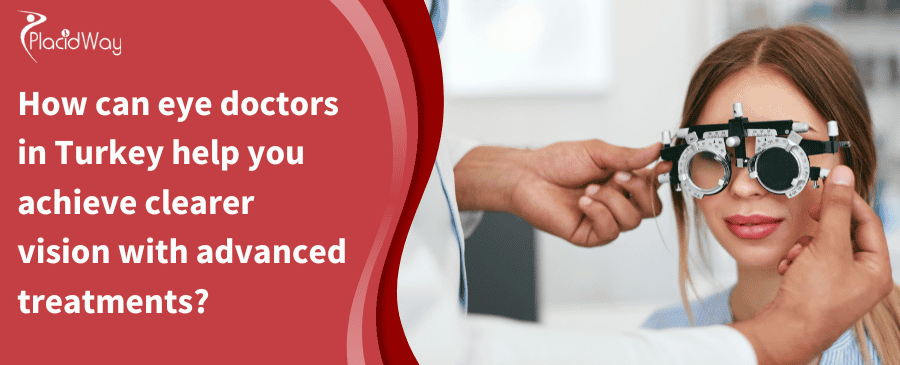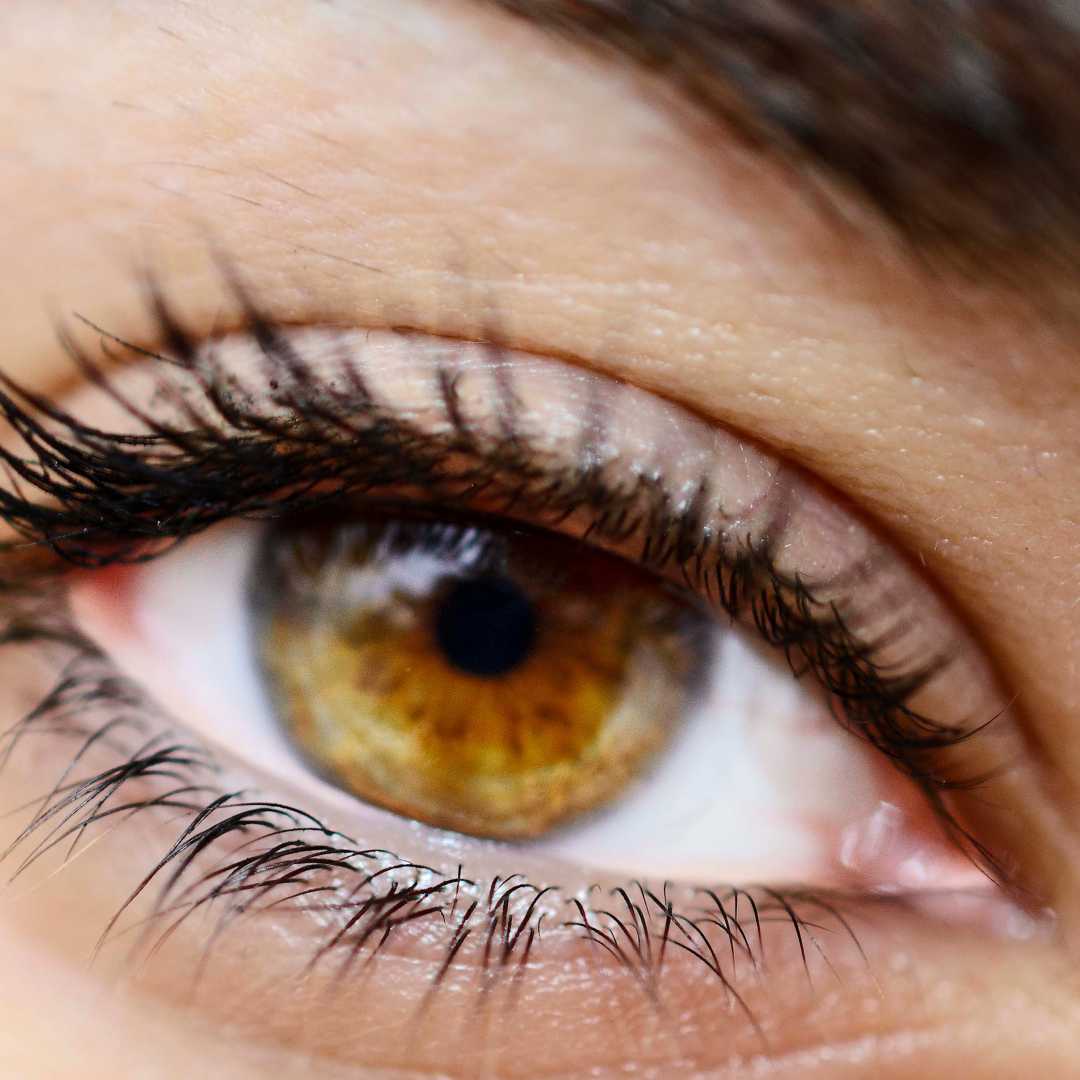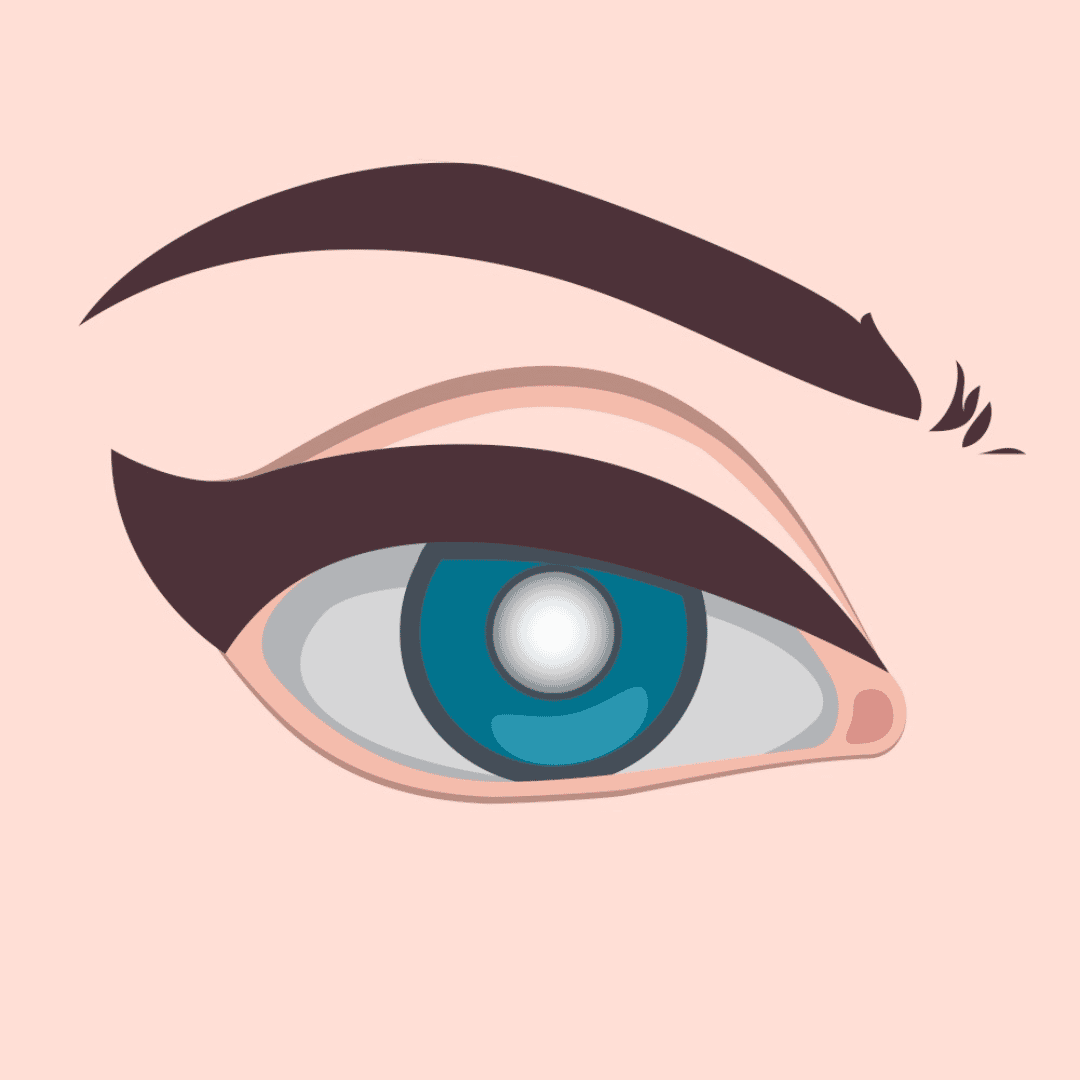Eye Doctors in Turkey Help You Achieve Clearer Vision

Have you ever wondered if there's a more affordable, yet highly advanced, solution to your vision problems? Many people are now looking beyond their local options and discovering the world-class eye care available in Turkey. It's not just about the cost savings; it's about accessing some of the best eye doctors in Turkey who are pioneers in using cutting-edge technology to restore sight. Whether you're tired of glasses and contacts or facing more complex issues like cataracts or glaucoma, Turkish ophthalmologists offer a pathway to clearer vision that is both safe and effective.
Turkey has rapidly emerged as a global hub for medical tourism, and ophthalmology is one of its shining specialties. The country's medical universities have rigorous training programs, producing highly skilled surgeons who are often members of international ophthalmology boards. These experts practice in JCI-accredited hospitals equipped with the latest diagnostic and surgical tools, from femtosecond lasers for LASIK to advanced intraocular lenses for cataract surgery. This combination of expertise, technology, and affordability makes seeking treatment from an eye doctor in Turkey a compelling option for anyone looking to improve their quality of life through better vision. This guide will walk you through everything you need to know about the advanced treatments available and how Turkish specialists can help you see the world more clearly.
Why are eye doctors in Turkey considered so good?
The reputation of eye doctors in Turkey is built on a strong foundation of excellent medical training. Many Turkish ophthalmologists pursue further specialization and fellowships in Europe and the United States, bringing back world-class knowledge and techniques. They are often members of prestigious organizations like the European Board of Ophthalmology.
Furthermore, Turkish eye clinics are equipped with the latest technology, often surpassing standards in other Western countries. This access to advanced diagnostic and surgical equipment allows doctors to perform procedures with incredible precision and safety. The high volume of international patients also means these doctors have vast experience treating a diverse range of eye conditions, enhancing their skills and expertise.
What advanced laser eye surgery options are available in Turkey?
When it comes to laser vision correction, Turkish LASIK clinics are at the forefront. They provide personalized treatments based on detailed corneal mapping and eye examinations.
- LASIK and Femto-LASIK: The most popular procedures, using a laser to create a corneal flap and reshape the underlying tissue. Femto-LASIK offers blade-free flap creation for enhanced safety.
- SMILE: A minimally invasive technique where a small lenticule is removed through a tiny incision, ideal for those with dry eyes or thinner corneas.
- No-Touch TransPRK: A surface ablation method where the laser removes the cornea's outer layer without any physical contact, suitable for patients who are not candidates for LASIK.
What is the success rate of LASIK in Turkey?
The high success rate is a direct result of combining highly skilled surgeons with the most advanced laser technology. Pre-operative assessments are incredibly thorough to ensure that only suitable candidates undergo the procedure, which significantly minimizes risks.
Clinics in Turkey use wavefront-guided technology, which creates a detailed 3D map of the eye, allowing for a customized treatment that corrects even minor imperfections. This precision leads to better visual outcomes, reduced side effects like glare or halos, and high patient satisfaction.
How much does advanced cataract surgery cost in Turkey?
This cost is significantly lower than in the US or UK, where the same procedure can cost upwards of $5,000 per eye. The affordability does not come at the expense of quality. Turkish clinics use premium, FDA-approved IOLs from leading international manufacturers.
The procedure often involves femtosecond laser-assisted cataract surgery (FLACS), which enhances precision and safety. This technology allows the eye doctor in Turkey to make perfect incisions and soften the cataract before removal, leading to faster recovery and better visual results.
What types of intraocular lenses (IOLs) are used in Turkey?
The choice of IOL is a critical part of modern cataract surgery, as it determines your vision after the procedure. An eye doctor in Turkey will conduct a detailed consultation to help you choose the best option.
- Monofocal IOLs: Provide clear vision at a single distance (usually far).
- Multifocal/Trifocal IOLs: Offer clear vision at near, intermediate, and far distances, reducing or eliminating the need for glasses.
- Toric IOLs: Specifically designed to correct astigmatism at the same time as cataract removal.
- EDOF IOLs: Provide a continuous range of high-quality vision from intermediate to far distances.
Are corneal transplant procedures available in Turkey?
Turkish hospitals have access to certified local eye banks, ensuring high-quality donor corneas. The surgeons are highly experienced in the latest techniques, which involve replacing only the diseased layers of the cornea rather than the entire thickness.
These advanced lamellar keratoplasty techniques, such as DMEK and DALK, offer faster recovery, better visual outcomes, and a lower risk of graft rejection compared to traditional full-thickness transplants. This makes Turkey an excellent choice for patients with conditions like keratoconus or corneal scarring.
What modern treatments for glaucoma are offered in Turkey?
Glaucoma management has evolved significantly, and an eye doctor in Turkey will typically recommend the least invasive, most effective treatment first. SLT is a gentle laser procedure that improves the eye's natural drainage system and can be repeated safely.
For more advanced cases, MIGS procedures have become the standard of care. These involve implanting microscopic stents or shunts to create new drainage pathways for eye fluid, lowering intraocular pressure with minimal tissue disruption and a high safety profile.
How do eye doctors in Turkey handle retinal diseases?
Vitreoretinal surgeons in Turkey are highly skilled in performing delicate procedures to treat conditions like retinal detachments, macular holes, and diabetic eye disease. They use micro-incision vitrectomy surgery (MIVS), which involves tiny, self-sealing incisions for faster healing.
For conditions like wet age-related macular degeneration and diabetic macular edema, intravitreal injections of anti-VEGF medications are the standard of care. These treatments are readily available and administered by experienced specialists in a sterile clinical environment.
What should I expect during an eye exam in Turkey?
The pre-operative assessment is extremely thorough to ensure the highest levels of safety and the best possible outcome. Clinics use advanced diagnostic equipment to get a complete picture of your eye health.
- Corneal Topography: Maps the surface of your cornea, essential for planning laser eye surgery.
- Optical Coherence Tomography (OCT): Provides cross-sectional images of the retina, crucial for diagnosing glaucoma and retinal diseases.
- Pachymetry: Measures corneal thickness to determine candidacy for LASIK.
Is it safe to get eye surgery in Turkey?
Many leading Turkish eye hospitals are accredited by the Joint Commission International (JCI), which is the gold standard in global health care. This accreditation ensures that the hospital meets rigorous standards in everything from surgical protocols to infection control.
The surgeons are highly qualified, the technology is state-of-the-art, and the post-operative care is comprehensive. Clinics catering to international patients also have multilingual staff to ensure clear communication throughout your treatment journey.
What is the medical tourism process for eye care in Turkey?
Reputable clinics make the entire experience seamless for international patients. You start by sending your medical records or having a video call with the eye doctor in Turkey. Once you are deemed a good candidate, the clinic's international patient department helps you plan your trip.
These packages are designed for convenience and peace of mind. A patient coordinator will be your single point of contact, arranging all appointments and logistics, so you can focus solely on your treatment and recovery.
Ready to see the world with perfect clarity?
Explore your options for advanced eye treatments with world-class specialists. Visit PlacidWay to find trusted clinics and get a personalized quote for your journey to better vision.


.png)




.png)
.png)
.png)
.png)






Share this listing